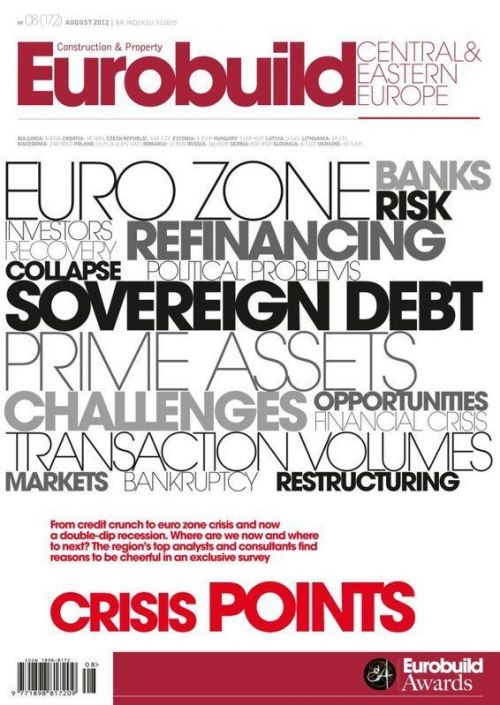Two of the biggest names in real estate - IVG and Jones Lang LaSalle - announced before the kick-off of the first match that they had employed their considerable powers of research and analysis to calculate who the likely Euro 2012 winners were going to be. They had done this by correlating the results in previous tournaments against the real estate data of those countries at that time. How well did they do? Not very, it would seem. IVG's analysis of "macrosoccer indicators" concluded that Germany would emerge as Euro 2012 champions, since they have "always entered the finals in two succeeding tournaments and afterwards paused for another two." In the final they were to meet and defeat Croatia, who had got this far in the tournament because "there were six different champions in the last six tournaments and six different countries in the last three finals, only one of them not from Southern Europe." The Croats would also be the losing finalists according to JLL, thanks to a combinatio




























































